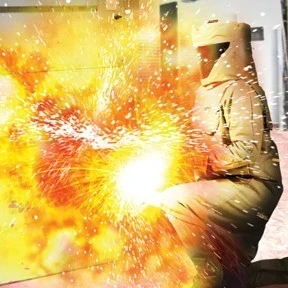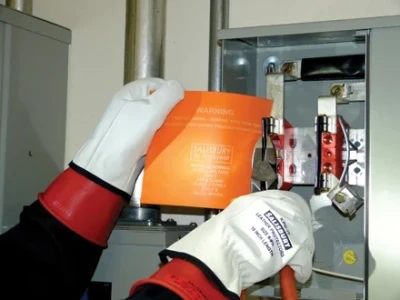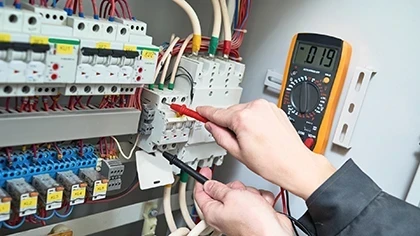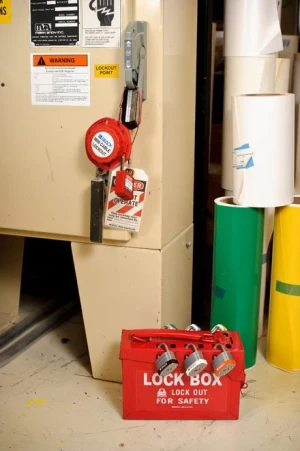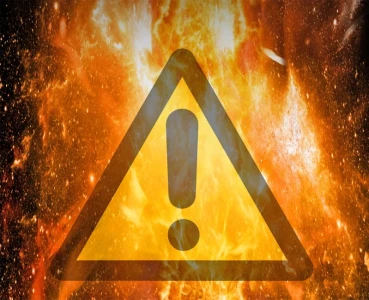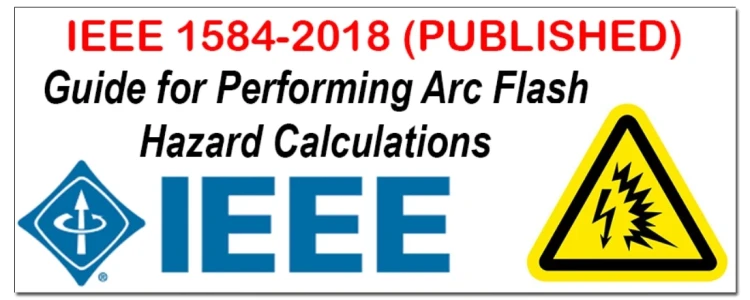Infrared and Electrical Safety
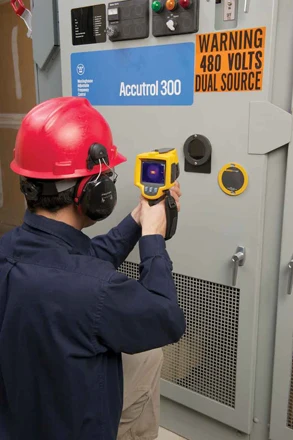
Infrared and electrical safety: meeting safety requirements using IR windows and thermal imaging
BY COLIN PLASTOW, FLUKE Electronics
By installing IR (infrared) windows, panes or ports, technicians using thermal imagers can inspect live electrical equipment without removing protective covers. Unlike a port or pane, the additional protection afforded by infrared (IR) windows comes from their crystal optic construction, which is designed to better protect technicians under fault conditions resulting from unexpected component failures or work on other parts of the system. This substantially reduces hazard ratings and, in most cases, allows the thermographer to work more safely, minimizing the need for excessively bulky and cumbersome protective clothing.
In 2009, NFPA 70E: “The Standard for Electrical Safety in the Workplace”, published by the National Fire Protection Association (NFPA), was updated to recognize new hazards, address other safety gaps, and improve protection for electrical workers, while helping companies comply with regulations from the Occupational Safety and Health Administration (OSHA), a federal agency in the U.S. government that regulates workplace safety and health standards.


